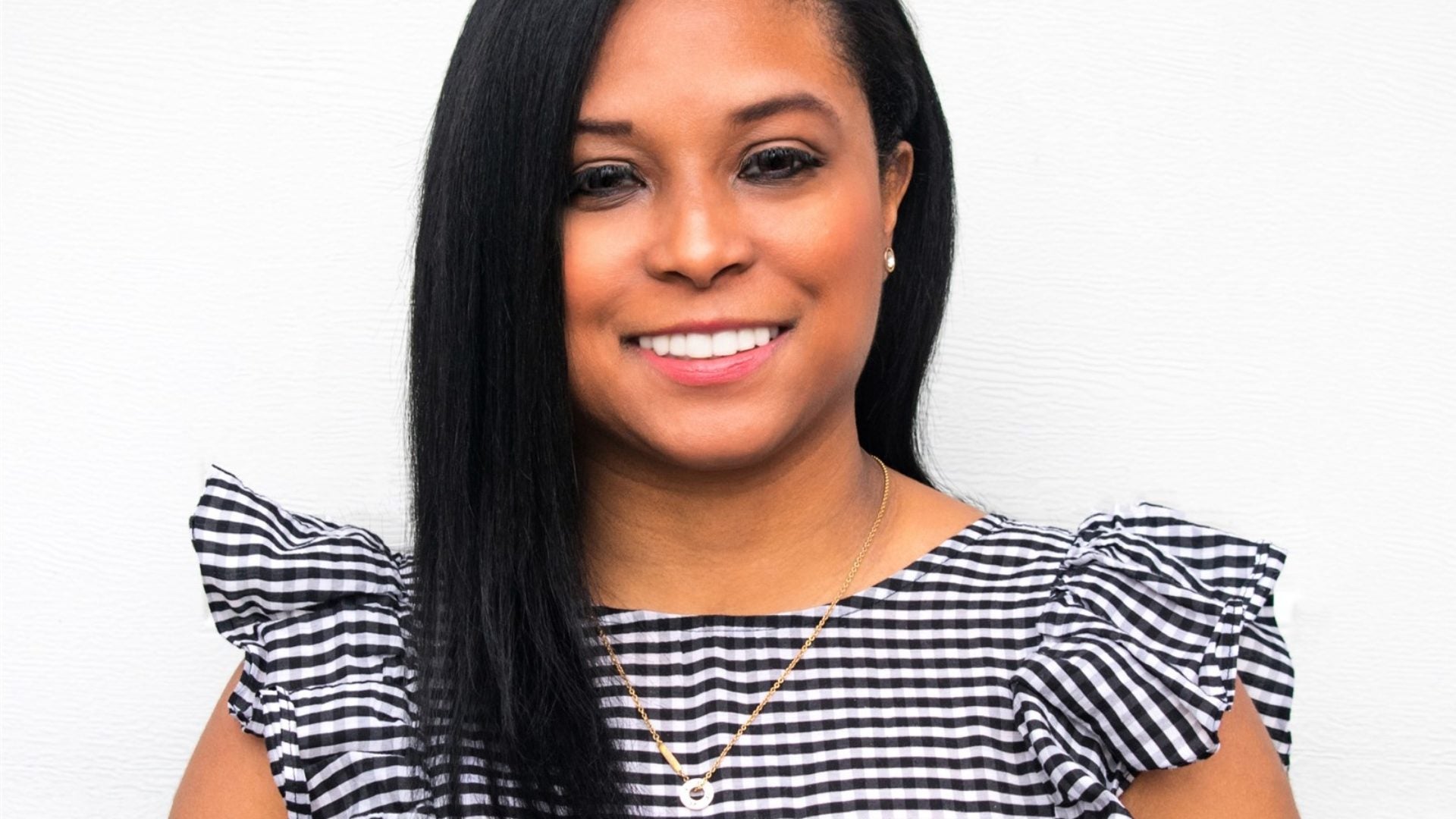
For Black women, working in corporate America presents its own unique challenges on a daily basis. From questions about our changing hairstyles and clothing to the tone in which we respond to emails and speak up in meetings, Black women are required to adhere to professional standards that were set without us in mind. Even outside of the traditional boardroom setting, Black women are often heavily scrutinized for sticking up for themselves. During the 2018 U.S. Open, the world witnessed tennis superstar Serena Williams strongly advocate for herself when the umpire penalized her several times in the final match against Naomi Osaka. “I don’t cheat to win, I’d rather lose,” she told the umpire confidently and demanded an apology for his unfair calls. But of course, Williams’ pushback in defense of her performance wasn’t deemed positive, and she was immediately labeled the stereotypical ‘angry Black woman’ — a title so many of us try to avoid.
Over the last few years, there has been a surge of women executives and entrepreneurs who have stepped forward to share their experiences in shattering the glass ceiling. In her 2013 book, Facebook Chief Operating Officer Sheryl Sandberg encourages women to “lean in” to make their voices heard in the workplace and ultimately achieve career success. Spoiler alert: “that sh*t doesn’t work all of the time.”
“I remember thinking, I wish there was a career platform for Black women and women of color; one that addresses our unique challenges in the workplace,” said Minda Harts, founder and CEO of The Memo LLC. While working in the corporate space in 2012, Harts experienced some ugly truths in the workplace that were new to her, such as negotiating a higher salary, navigating workplace politics, and other career-related things that became rather frustrating. After reading Lean In by Sandberg, she realized that we as Black women needed our own version, and decided to work toward equality for women of color in the workplace.
“Everything I do comes from four places: balance, generosity, integrity, and resilience,” Harts told ESSENCE. “I wanted to know what other women who looked like me were experiencing as they climb the ladder; be it good or bad I could learn from them. And that’s what sparked, The Memo LLC.”
Since leaving the corporate world, Harts frequently speaks about leadership, diversity, and entrepreneurship, and is currently an Assistant Professor of Public Service at New York University’s Wagner School of Public Service. In her new book, released today, The Memo: What Women of Color Need to Know to Secure a Seat at the Table, Harts shares tangible career tools specifically for Black women and women of color and confirms that we are indeed part of the ‘women at work’ narrative.
https://www.instagram.com/p/Bw9fK0jlNW5/
In a recent Forbes article, Harts shared that there are a number of Black women leading some of the nation’s biggest companies whose stories aren’t being told. Illustrations about women at work typically highlight White women, and suggest that women of color aren’t ascending in the corporate and nonprofit sectors. “I have an entire chapter called Say My Name, Say My Name because I want the current and future generations to know the names of Black and brown women that are slaying in the workplace,” Harts said. “We should know the Rosalind Brewers, Ursula Burnses, and Mellody Hobsons just as much as any other woman.”
According to the 2018 Women in the Workplace study by McKinsey and LeanIn.org, it was found that Black women receive the least support from their managers “in navigating organizational politics and balancing work and personal lives, and managers are less likely to promote their accomplishments.”







One of the biggest gems Harts wants readers to grasp is the importance of building a good network in order to move our careers forward. “The power of a good network can open doors that you aren’t able to open alone,” she said. “Our success will never be a solo sport. It will take networking and building our internal squad.”
The Memo coincidentally drops today, just two days before Black Women’s Equal Pay Day, an annual observation of how long it takes for Black women to make as much as their White male counterparts. And while it is no secret that Black women are often underpaid and overworked, Harts believes that self-advocacy is one of the most important tools one can have in their career toolkit. “As Black women can’t afford to be ambivalent about our careers,” she said “Don’t be afraid to take a risk despite what the situation might look like or what others might say. Learn to make a bet on yourself!”
The Memo: What Women of Color Need to Know to Secure a Seat at the Table is now available.





